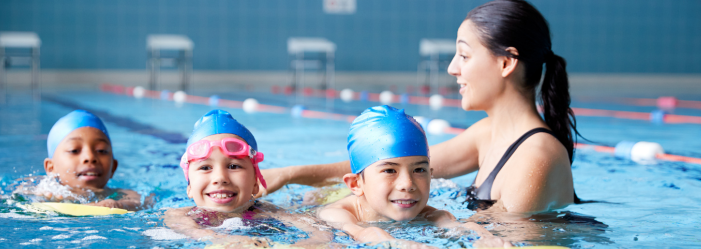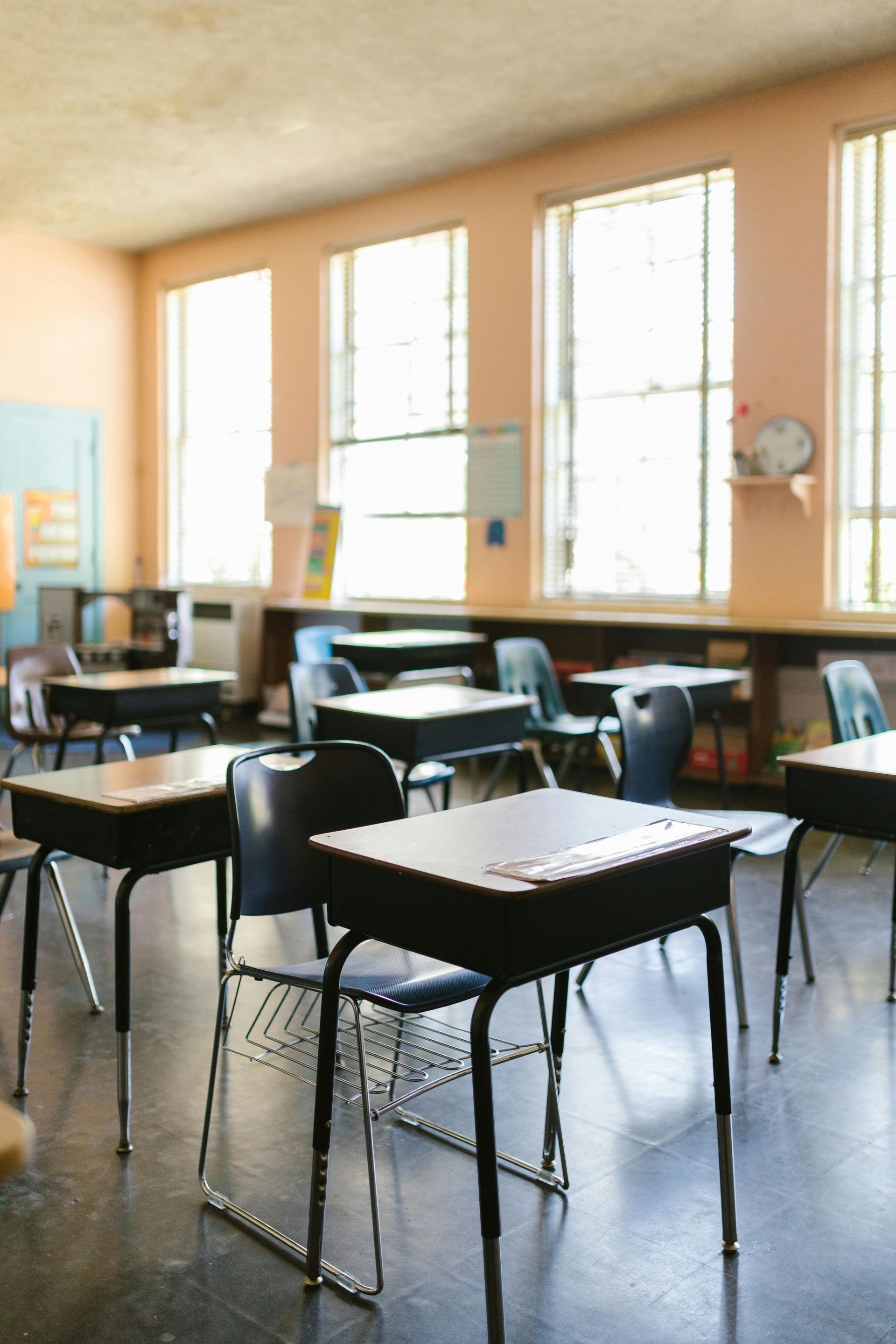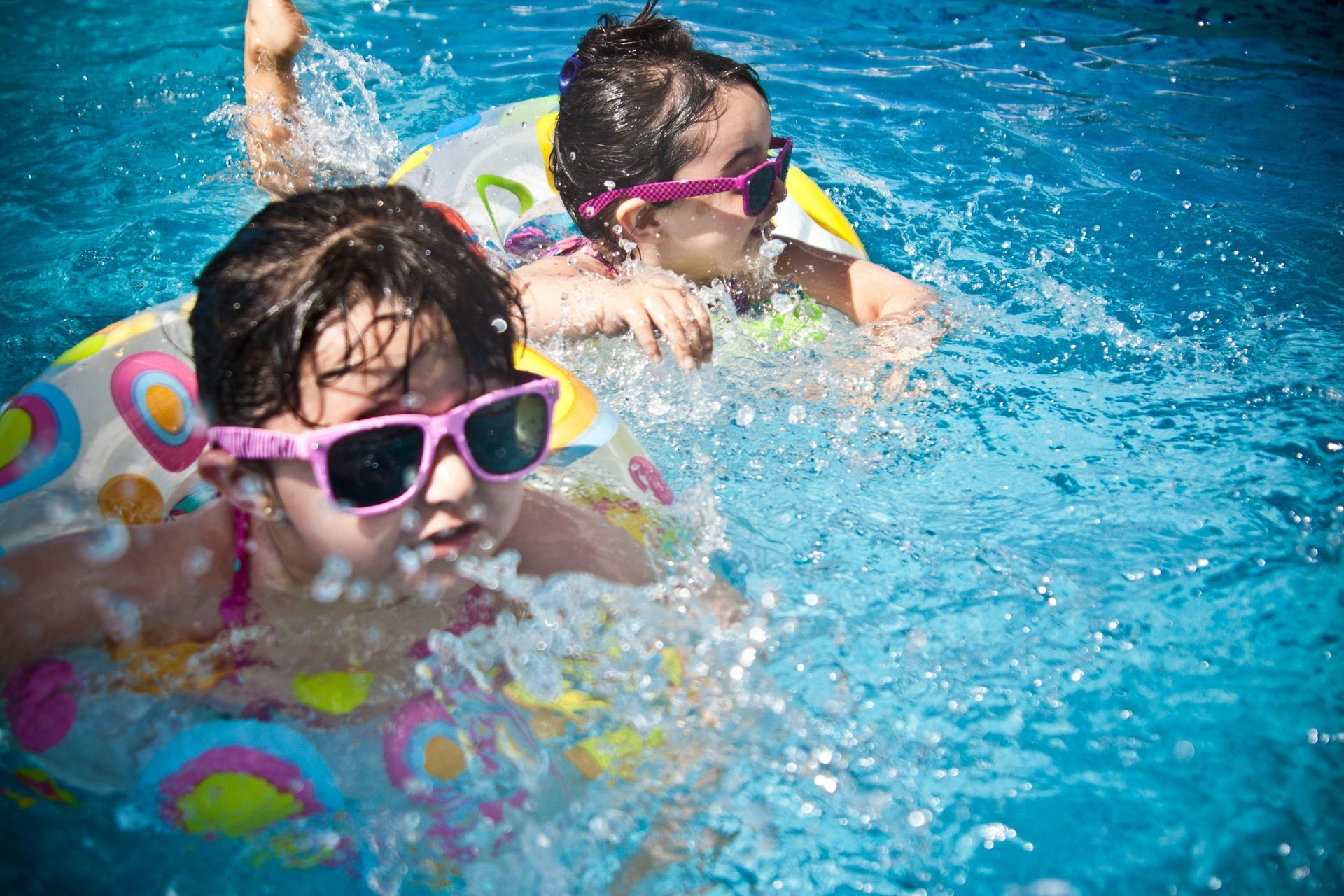Should Your Child Participate in After School Activities?
According to the 2014 Census, 57% of children between the ages of 6 and 17 participate in after school activities. Most of this percentage refers to sports (35%), but also includes clubs or lessons (like music, dance, or languages). Like everything, after school activities have both pros and cons, and while some children may thrive on these extracurricular activities, others may get worn down and it ends up being more of a drawback. Let’s look at some of the pros and cons of a child participating in after school activities.

Pros:
- Structure and routine: Kids thrive on a predictable schedule, and having something they know is coming up in their week can help them mentally. This also encourages kids to learn better time management skills. If they know they have soccer practice three times a week, then on those days they need to get homework done early. Honing these skills early will be so beneficial as they reach the older grades, and eventually in their careers.
- Expands social skills: Teamwork, being a good winner (and a good loser), and camaraderie are valuable skills that are developed within extracurricular activities. Kids also learn to be better encouragers and communicators as they interact with their peers. There is nothing quite like a team bond.
- Develops a usable skill: Maybe one of the most common reasons that parents put their child into an after school activity is so that they can develop a usable skill. Whether it’s proficiency in a sport that can later be used professionally, in an artistic ability like music that can be used to serve your church or community, or in a mental discipline like martial arts that can also improve self-defense, having a skill can help a child both mentally and in their future endeavors.
Cons:
- Time demand: Depending on the activity, it can require a lot of time. Between games, practices at school, practicing at home, exhibitions, and competitions, it can require a lot of time - and this doesn’t even count hours spent commuting!
- Interrupts valuable down time/play time: According to the experts, free play is also important for a child’s cognitive development. When a child’s free time is now taken up by too many other activities, they are missing out on this laid back (but still beneficial) activity.
- Can trigger negative emotions like anxiety: When kids are in school, and in after school activities, their brains are set to ON mode: they need to be well-behaved, employ a lot of self-control, and their brains are constantly learning. When they don’t have a time to be OFF mentally, they can get burned out and become anxious and overwhelmed. Even as adults, we need time to relax and recharge; children are the same way.
So, should your child participate in after school activities? You know your child best, and what their threshold is for after school activities without getting burned out. Pray about it and discuss it with them. See what they are interested in or are excited about trying. Find out how much of a time commitment the activity will be, and how long they need to be committed to it.
Remember that you can always try a skill for a season and then stop altogether, or try something new! You can also stick to one specific sport that is not all year round (like football in the Fall), or a less-frequent time commitment (like a once-a-week art class). In the end, the goal of after school activities is for a child’s benefit, not their detriment.
If you decide to try out some extracurriculars, here at King’s Christian School we have
so many to choose from! We have a variety of sports throughout the year (sport options change depending on the season), art class, STEM class, Worship Dance class, piano lessons, and more! For more information on these programs, you can
call or visit the school office.











